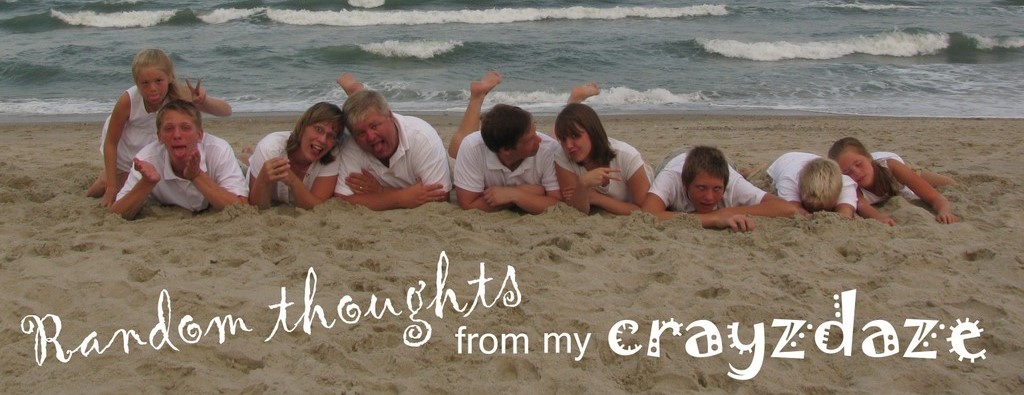Several years ago for book club we read the book “Animal, Vegetable, Miracle.” The book tells the experience of a small family that moves to Eastern Tennessee to try to live off the land/local for an entire year. The author (Barbara Kingsolver) writes beautifully and the book was entertaining to read as well as inspiring.
At different times during the book the author discusses the family decision making process—that they all get one luxury food, what staples they cannot buy locally, and if they will eat meat. They eventually decide that they will eat some meat, but only if it has been raised organically, grass fed, and free range. I can’t remember if they used this term in the book, but here at our house we immediately labeled this kind of meat “happy cows” and have joked since then about eating happy cows.
When Russ & I went to Hawaii a few years ago we were driving near the town of Hana with our friends. Hana is on a side of Maui that is much less populated, but we were still surprised to see a nice sized pasture with some cattle in it. We joked that those cows were living on land that was probably worth several million dollars an acre. One of our friends then pointed out that each cow (resting comfortably in the grass) had it’s own bird resting in the grass right beside it. We laughed that these must be very happy cows.
Today I was in Whole Foods buying some bulk spices. I was at the check out register when I noticed an advertisement.
At the bottom of the ad it clarified that the normal price per pound was $6.49, and that the beef came from “unrestricted range” animals or some such designation.
For a minute I considered getting out of the line and going to get a roast or two. We are a family that enjoys beef, and $3.49/lb is a decent price in our area even at the regular grocery stores. But as I stood and thought about it, I began to see that it might not be in our best interests to buy this roast. What if we ate it and really loved it? We certainly couldn’t afford to pay the regular price for this organic, range fed beef, no matter how tasty it is or how much better for us it is. (This is true regardless of employment status—somewhere along the line we chose to have more kids rather than to be able to feed our existing children higher quality food.) At that point I decided to draw a line in the sand. Sure, it might be interesting to eat the Whole Foods roast. But the aftermath might just be too traumatic.
And that is why I think we’re just going to pass on the happy cows…





No comments:
Post a Comment